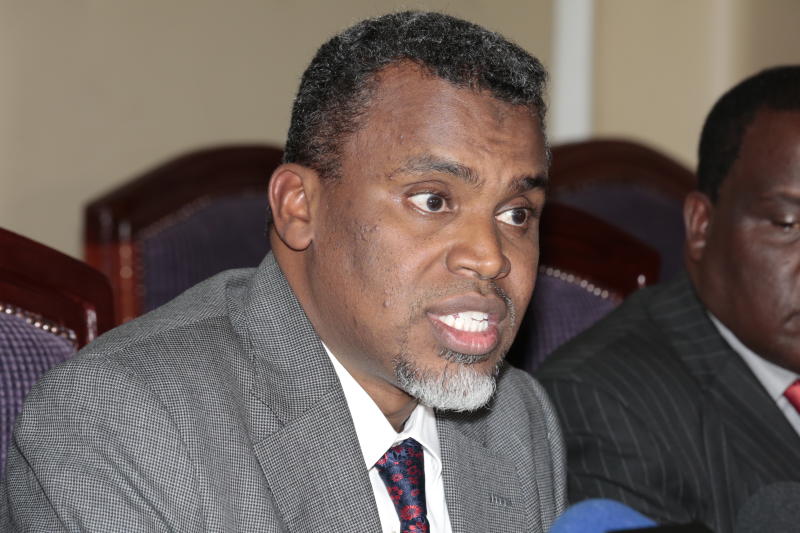×
The Standard e-Paper
Kenya’s Boldest Voice

The Director of Public Prosecutions (DPP) has questioned abilities of two Government agencies to investigate corruption.
DPP Noordin Haji yesterday said evidence by Ethics and Anti-Corruption Commission (EACC) and the Directorate of Criminal Investigations (DCI) against three governors accused of corruption was not enough to warrant prosecution.